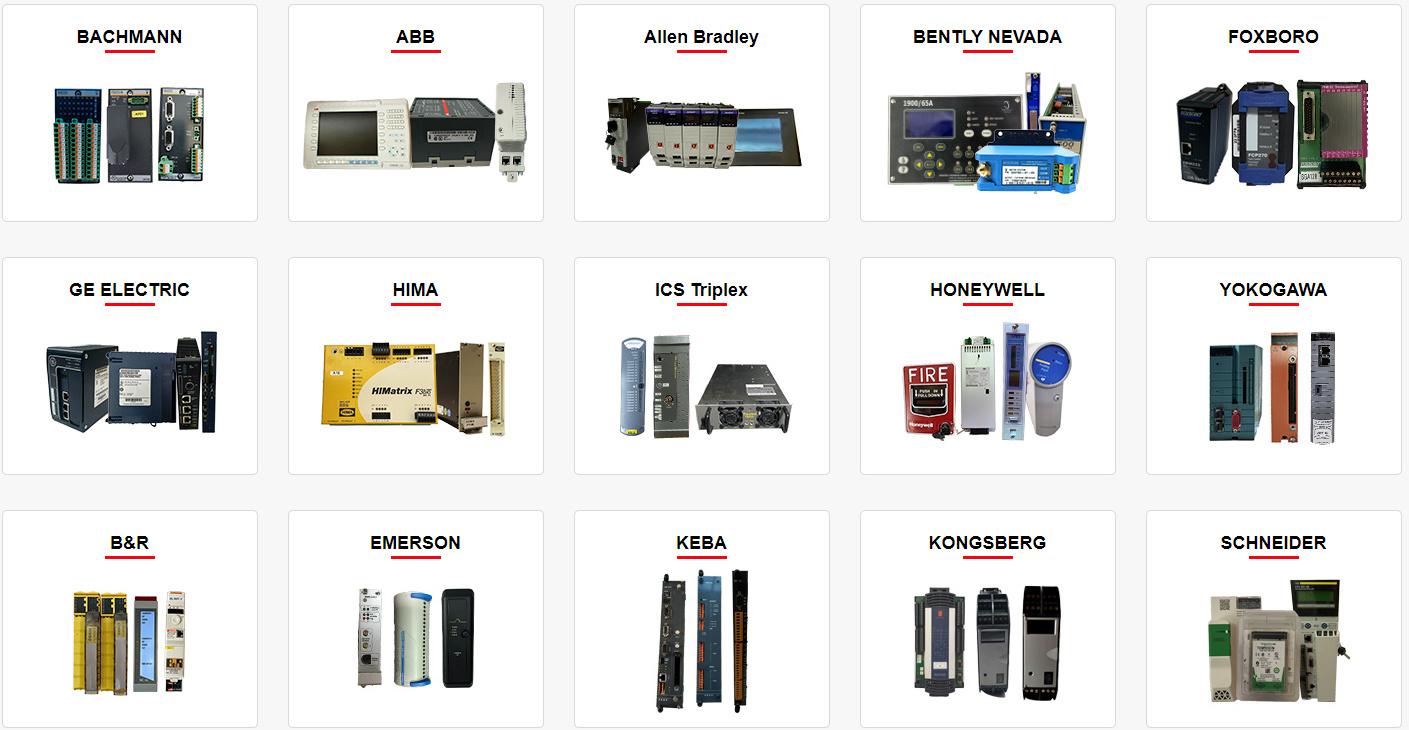
2098-DSD-150X-DN A-B Analog Input Module
Item NO.:
2098-DSD-150X-DNPayment:
T/TProduct Origin:
USAColor:
NewLead Time:
IN STOCK2098-DSD-150X-DN A-B Analog Input Module
Message-based polling mode is best used in networks when communication with the slave stations is not time critical and where the user needs to be able to limit when and how often the master station communicates with each slave station. It is NOT recommended for systems that require time continuous communication between the master and all the slave stations have MSG instructions in their programs.
With Message-Based polling mode, the only time a master station communicates with a slave station is when a message (MSG) instruction in ladder logic is triggered to that particular slave station’s address. This polling mode gives the user complete control (through ladder logic) over when and how often to communicate with each slave station.
If multiple MSG instructions are triggered simultaneously, they will be executed in order, one at a time, to completion (i.e., the first MSG queued up will be transmitted and completed to done or error before the next queued up MSG is transmitted. Refer to appendix E for sample application programs). Any time a message is triggered to a slave station that can’t respond (for instance, if its modem fails), the message will go through retries and timeouts that will slow down the execution of all the other queued up messages. The minimum time to message to every responding slave station increases linearly with the number of slave stations that can’t respond.
If the Message-based selection is ‘don’t allow slaves to initiate messages,’ then even if a slave station triggers and queues up a MSG instruction in its ladder logic, the master station will not process it. This mode is similar to how a master/slave network based on Modbus protocol would work, since Modbus slave stations cannot ever initiate a message.If the Message-based selection is ‘allow slaves to initiate messages,’ when a slave station initiates a message to the master station (polled report by exception messaging) or to another slave station (slave-to-slave messaging), the MSG command packet will remain in that slave station’s transmit queue until the master station triggers its own MSG command packet to it (which could be seconds, minutes or hours later, depending on the master’s ladder logic).
The structure and details of the product:
 Please make an inquiry for more models
Please make an inquiry for more models
AB 1756-LSP
AB 1756-LSP/B
AB 1756-M02AE
AB 1756-M02AS
AB 1756-M03SE
AB 1756-M08SE
AB 1756-M1
AB 1756-M16S
AB 1756-M16SE
AB 1756-N2
AB 1756-OA16
AB 1756-OA16I
AB 1756-OB16D
AB 1756-OB16E
AB 1756-OB16I
AB 1756-OB16I/A
AB 1756-OB16IEF
AB 1756-OB16IS
AB 1756-OB32
AB 1756-OB32/A
AB 1756-OB8
AB 1756-OF4
AB 1756-OF41794-ADN
AB 1756-OF6CI
AB 1756-OF6VI
AB 1756-OF8
AB 1756-OF8/A
AB 1756-OF81
AB 1756-OG16
AB 1756-OH8I
AB 1756-ON8
AB 1756-OV16E
AB 1756-OV32E
AB 1756-OW16I
AB 1756-OW16I/A
AB 1756-OX8I
AB 1756-PA72
AB 1756-PA72/B
AB 1756-PA72/C
AB 1756-PA75
AB 1756-PA75/A
AB 1756-PA75/B
AB 1756-PA75R
AB 1756-PAR2
AB 1756-PB72
AB 1756-PB75
AB 1756-PB75R
AB 1756-PBR2
AB 1756-PC75
AB 1756-PLS
AB 1756-PSCA2/A
AB 1756-RM
AB 1756-RM2
AB 1756-RM2/A
AB 1756SC-CTR8
AB 1756-SRM/B
AB 1756-TBCH
AB 1756-TBNH
AB 1756-TBS6H
Other best-selling products:


